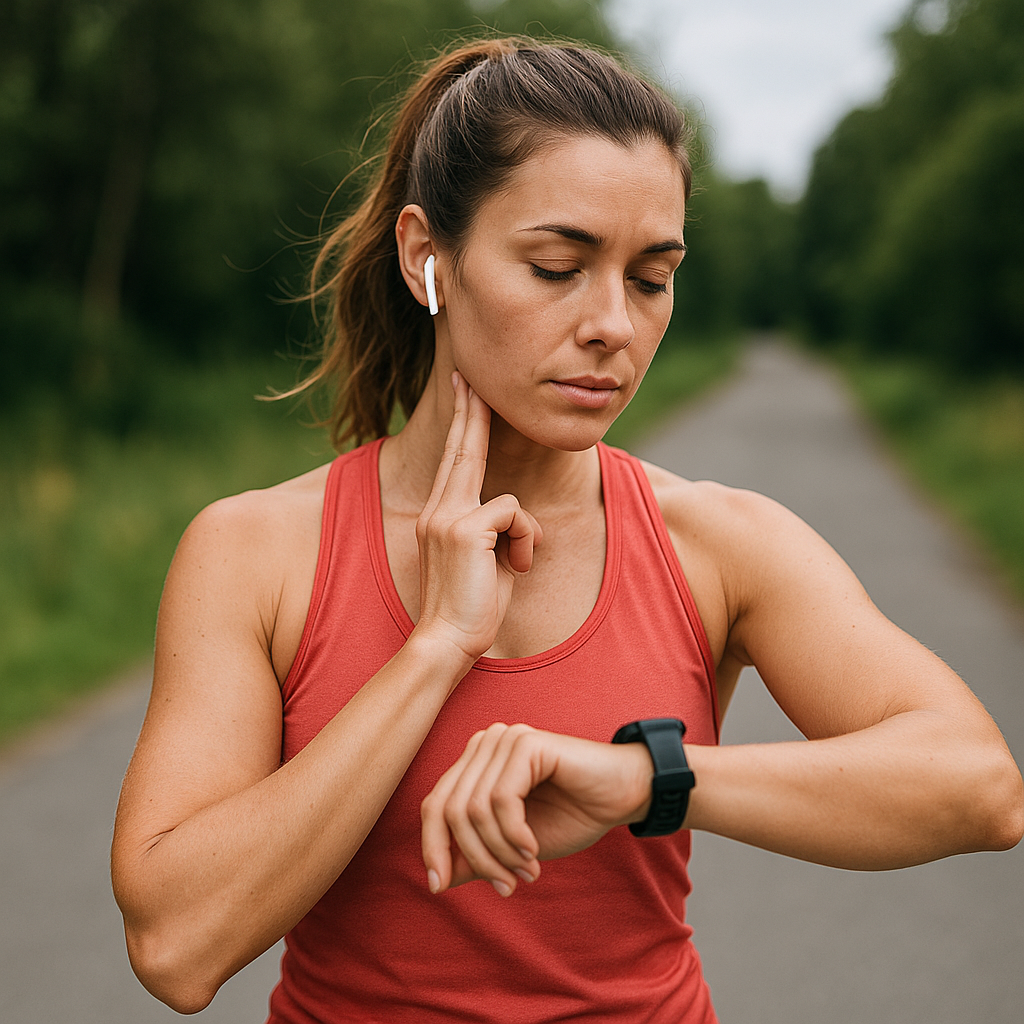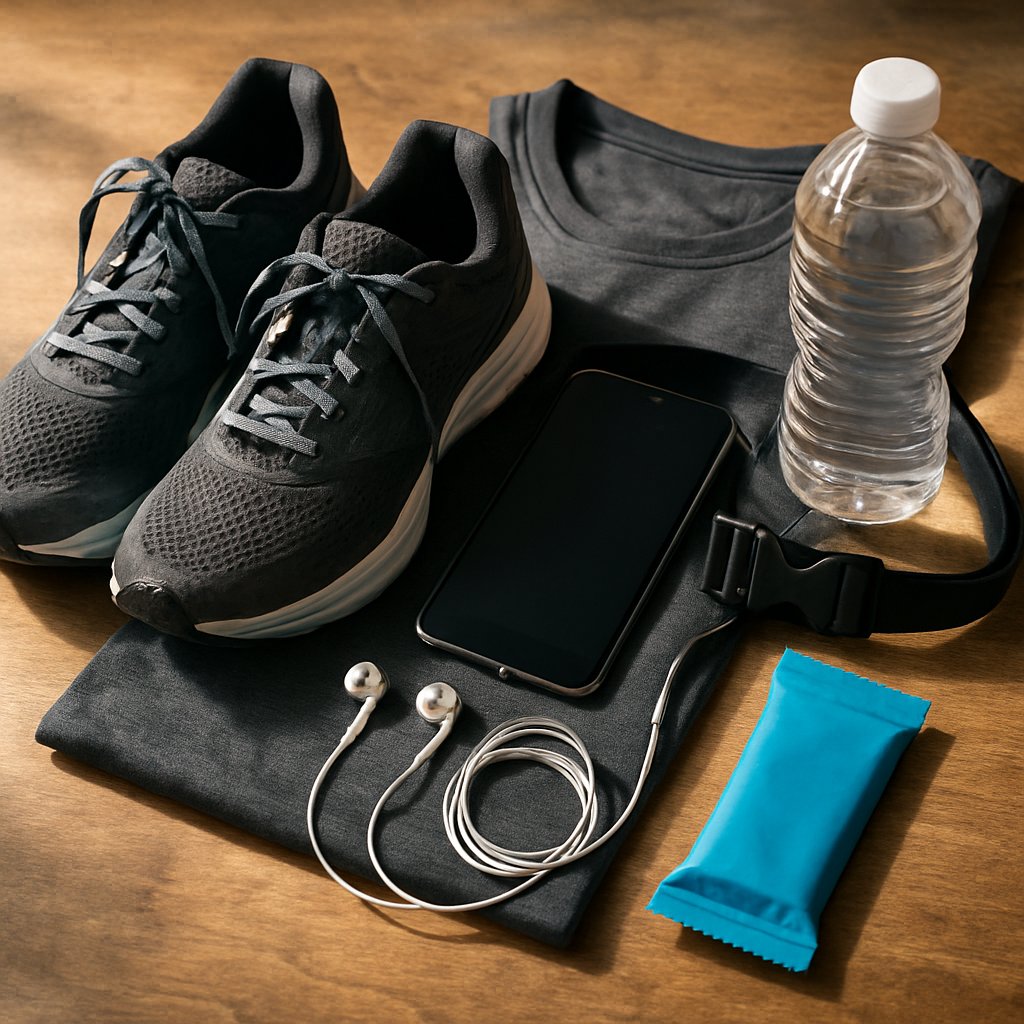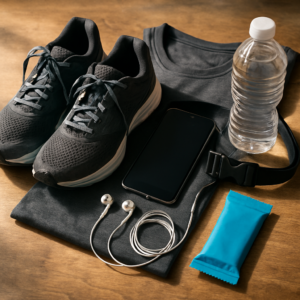Unlocking Your Potential: The Role of Sleep in Athletic Performance and Recovery
### Unlocking Your Potential: The Role of Sleep in Athletic Performance and Recovery
When it comes to optimizing athletic performance, most athletes focus on rigorous training schedules, precise nutrition, and effective recovery strategies. However, one critical element often overlooked is sleep. Quality sleep is not just a passive state of rest; it is an active phase of recovery that plays a vital role in physical performance, cognitive function, and overall health. In this blog post, we will explore how sleep impacts athletic performance, provide nutrition and exercise tips to enhance your sleep quality, and highlight the numerous health benefits that come from prioritizing rest.
#### The Importance of Sleep in Athletic Performance
Sleep is essential for athletes for several reasons. First, during sleep, the body goes through critical processes that facilitate muscle recovery and growth. Human Growth Hormone (HGH), which is vital for tissue growth and muscle repair, is predominantly released during deep sleep stages. Without adequate sleep, the body cannot effectively recover from workouts, leading to fatigue, decreased performance, and a higher risk of injury.
Additionally, sleep has a profound impact on cognitive functions such as decision-making, reaction time, and focus. All of these elements are crucial for athletes competing in high-stakes environments. Research shows that sleep deprivation can impair motor skills and reaction times, undermining even the most finely-tuned athletic abilities.
Moreover, sleep affects hormonal balance and metabolic processes that regulate energy levels. A lack of sleep can lead to increased levels of cortisol, the stress hormone, which can hinder muscle recovery and promote fat storage. Therefore, understanding the relationship between sleep and athletic performance is fundamental to unlocking your full potential.
#### Nutrition Tips for Better Sleep
1. **Focus on Timely Eating**: Aim to have your last meal at least two to three hours before bedtime. Eating too close to sleep can lead to discomfort and disrupt your sleep cycle.
2. **Incorporate Sleep-Inducing Foods**: Certain foods can enhance sleep quality. Foods rich in magnesium, such as spinach, almonds, and bananas, help relax muscles. Complex carbohydrates like oats and whole grains promote serotonin production, which aids in sleep.
3. **Limit Caffeine and Alcohol Intake**: While caffeine can enhance performance when consumed strategically, it can also interfere with sleep. Try to limit caffeine consumption to the morning and early afternoon. Alcohol may initially make you feel sleepy, but it can disrupt your sleep cycle later in the night, leading to a restless night.
4. **Stay Hydrated, But Not Too Much**: Hydration is essential for performance, but drinking too much liquid close to bedtime can lead to frequent bathroom trips during the night. Aim for proper hydration throughout the day rather than overloading your fluids right before sleep.
#### Exercise Advice for Enhancing Sleep Quality
1. **Timing Matters**: While regular exercise is beneficial for sleep, the timing of your workouts can influence how well you rest. Morning or early afternoon workouts can help set a positive sleep-wake cycle, while intense evening workouts may energize you and make it harder to wind down.
2. **Incorporate Relaxation Techniques**: Engaging in low-intensity activities such as yoga or stretching can promote relaxation and prepare your body for sleep. These practices can lower heart rates and reduce muscle tension, making it easier to transition to sleep.
3. **Listen to Your Body**: Pay attention to how different types of workouts influence your sleep. If you find that certain high-intensity sessions disrupt your ability to fall asleep, consider adjusting your routine accordingly.
#### Health Benefits of Prioritizing Sleep
Prioritizing sleep yields numerous health benefits beyond athletic performance. Quality sleep helps strengthen the immune system, making you less susceptible to illness. It also supports mental health by reducing symptoms of anxiety and depression, leading to improved mood and motivation. Additionally, getting enough sleep can enhance memory consolidation, aiding in skill acquisition and cognitive performance—crucial elements for athletes as they absorb new strategies and techniques.
Pro















Post Comment